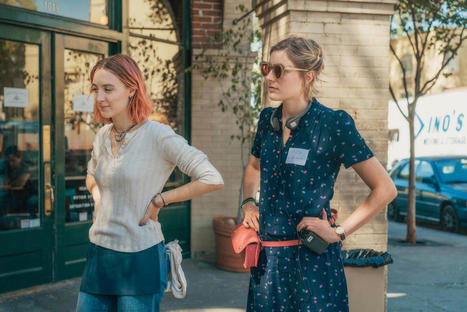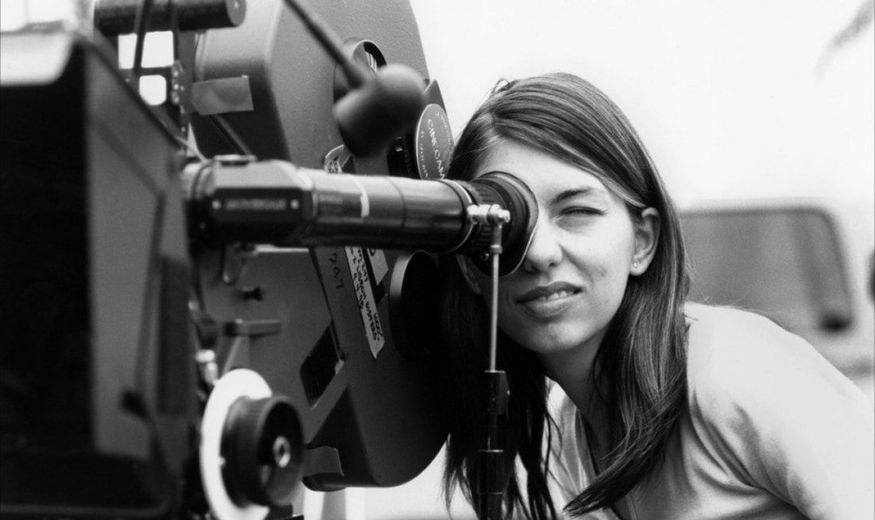 Greta Gerwig on the set of "Lady Bird," pictured with the film's star Saoirse Ronan Greta Gerwig on the set of "Lady Bird," pictured with the film's star Saoirse Ronan Our society has made major steps towards gender equality within the past few decades, from the Women’s Suffrage Movement in the 1840s to the US prohibiting sex-based wage discrimination in 2009. However, with Greta Gerwig recently becoming the fifth woman in history to be nominated by the Academy Awards for Best Director, further attention has been brought to the issue of inequality within the film industry. While the rights of men and women may appear entirely equal on paper, the playing field remains alarmingly unlevel, as our nation’s long history with societal expectations and patriarchal systems has left a lack of opportunity for talented and deserving female creators in the modern day. Women continue to be tremendously underrepresented on screen, with an average of 2.3 male characters for every female in a given film, with this number remaining practically static throughout the past decade. Even more disturbing may be how women are represented in film, with significant controversy surrounding the issue being sparked following Jessica Chastain’s closing statements at the 2017 Cannes Film Festival, as a vast majority of films represent women from what is known as the “male gaze”, or how men see the world and its inhabitants. As women make up only about 18% of directing, writing, producing, editing, and cinematography jobs within the film industry, an alarming lack of female representation behind the camera has led to an abundance of films and television shows being released that depict women as merely accessories to a male lead or characters whose actions are solely reactions to those of the men around them. As both girls and women around the globe often look towards the big-screen for empowerment, inspiration, or a role model, a more accurate depiction of females within films and television must be prioritized if a better example is to be set for the other half of the population. There is no doubt that women are just as capable as men are when it comes to working in the film industry, and an increase of women behind the camera would surely produce a larger number of films told from the female perspective and provide more chances for females in the industry to make their mark. However, a number of factors have left a lack of opportunity for female filmmakers to become successful and have made well-known female filmmakers so rare, and deeply rooted sexism and stereotypes in the industry has proved great resistance for those looking to make their way in Hollywood. While it would be expected that women would be able to find their own way into Hollywood thanks to hard work and talent, this is not the reality females in film face. In response to the inequality presented in the film industry, a number of initiatives have sprouted to provide more opportunities to deserving female directors, screenwriters, and more, and the hope of these programs is to increase female influence within the industry to begin a cycle of diversity. Greater diversity within the industry would lead to the representation of more groups on screen, but females both on and off screen must first break down a long-time barrier that has left women underrepresented for decades. As the film industry must adjust to societal shifts concerning female representation in order to progress on a social level and address the needs of a wider audience, we must start to ask ourselves what more we could be doing to break down the barrier that is preventing a change. Greta Gerwig, an award winning actress, writer, and director, is an outstanding example of what women are capable of in the industry, and, if we are to see more talented women just like Gerwig getting the credit and opportunities that they deserve, the issue of inequality both on and behind the screen must be recognized and a greater effort must be put towards expanding the reach of opportunities to those who are well-deserving but ultimately ignored. Caitlyn PhuFounder and President of H2A
0 Comments
Leave a Reply. |

